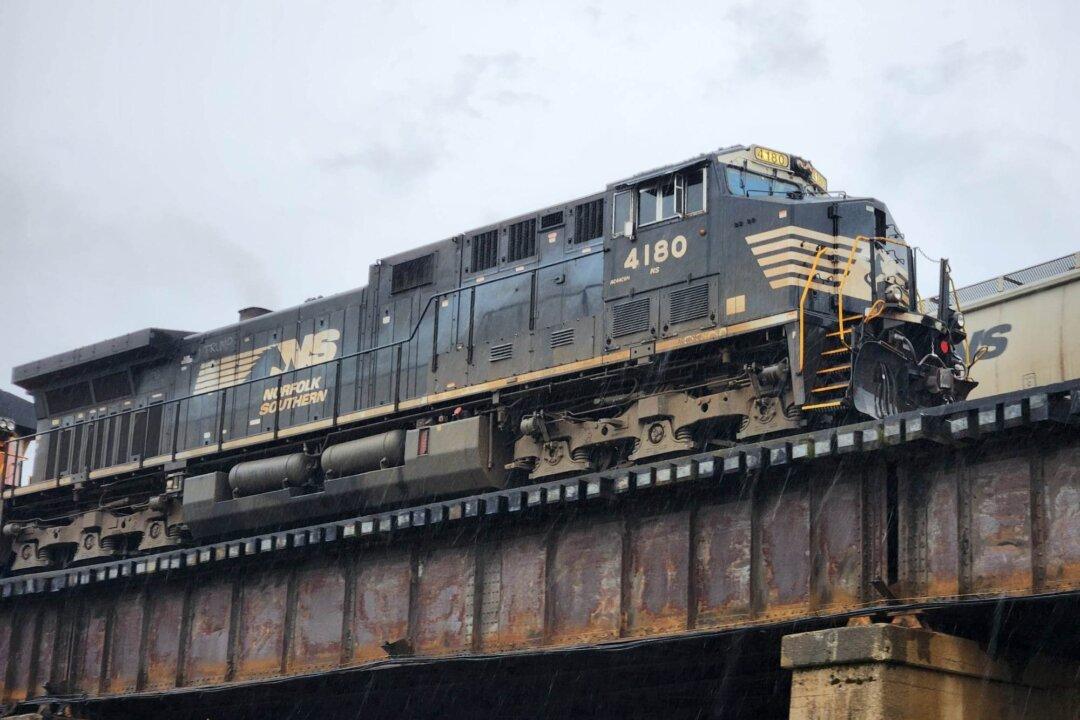Plagued by repeated freight train derailments, including a toxic crash in eastern Ohio in early February and another accident in southwest Ohio outside of Springfield on March 4, Norfolk Southern Railway introduced a six-point plan on March 6 “to immediately enhance the safety of its operations.”
The plan is based on the National Transportation Safety Board’s preliminary findings of the Feb. 3 derailment in East Palestine.





